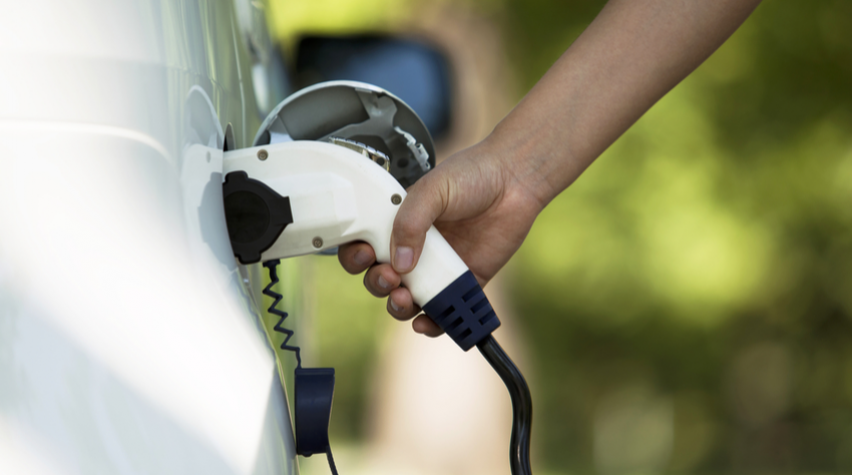
There are multiple reasons why Californians are ahead in electric vehicle sales, but an important one is the state’s generally warm climate. While urban air quality concerns and government subsidies help the electric car’s popularity in California, the fact that conventional lithium-ion batteries cannot rapidly charge below 50° F is a significant factor in the mix. But researchers at Penn State feel they have banished this barrier with a self-heating, rapid-charging battery that effectively makes electric vehicles climate-immune.
How it works
The new battery is capable of a 15-minute rapid charge at temperatures as low as -45° F. The battery owes this ability to a thin nickel foil with one end attached to the negative terminal and the other extending outside the cell to create a third terminal. A temperature sensor attached to a switch causes electrons to flow through the nickel foil to complete the circuit when the temperature is below room temperature. This rapidly heats up the nickel foil through resistance heating and warms the inside of the battery. Once the battery's internal temperature is above room temperature, the switch turns opens and the electric current flows into the battery to rapidly charge it.
Test results
The researchers found that their self-heating battery could withstand 4,500 cycles of 15-minute charging at 32 degrees F with only a 20-percent capacity loss. This provides approximately 280,000 miles of driving and a lifetime of 12.5 years, longer than most warranties. A conventional battery tested under the same conditions lost 20-percent capacity in 50 charging cycles.
For more about this new battery technology, see the researchers’ news release and their published findings in the Proceedings of the National Academy of Sciences.


